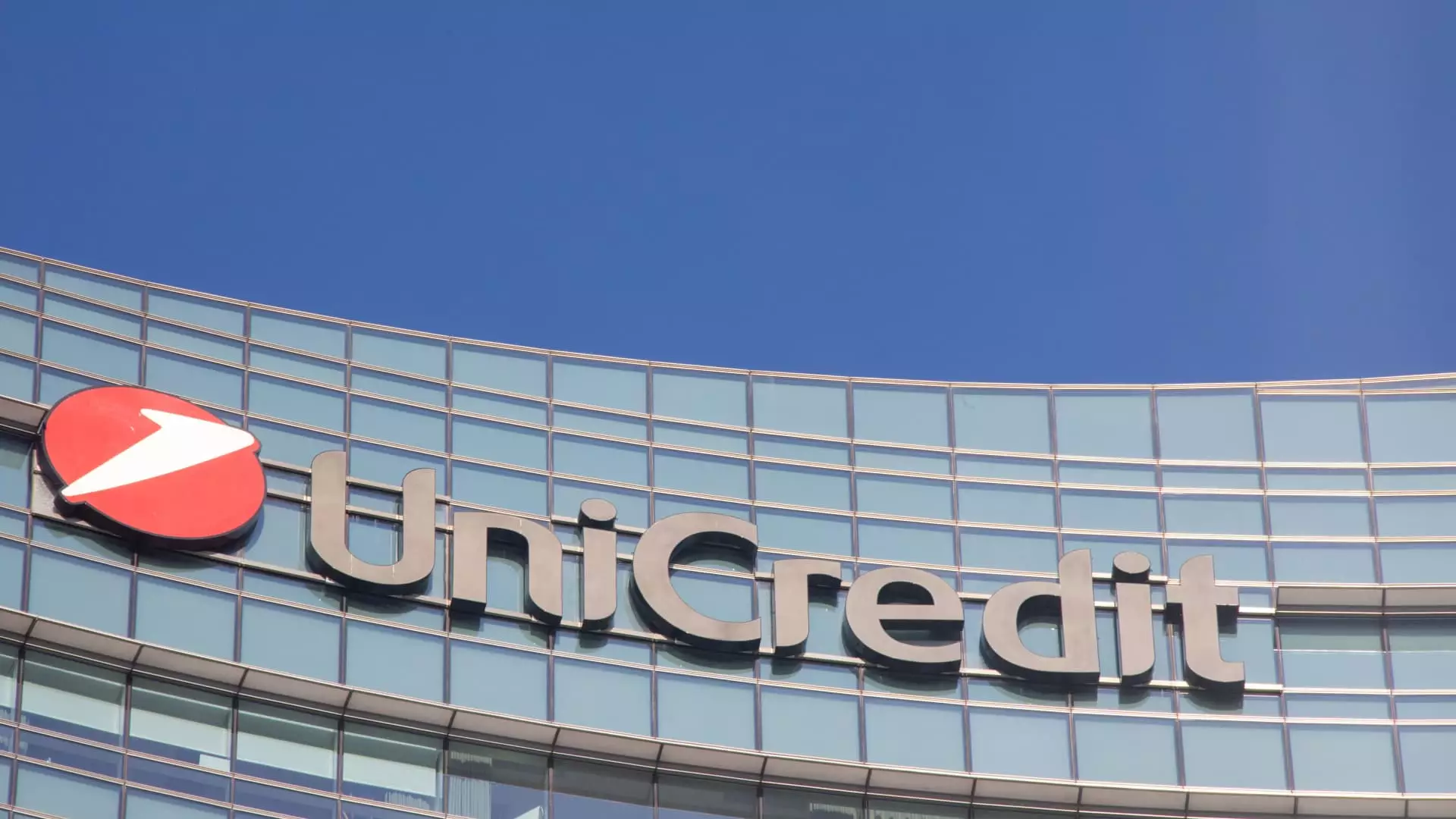In a bold maneuver that could reshape Italy’s banking landscape, UniCredit has proposed to acquire Banco BPM for approximately €10 billion ($10.5 billion). Announced on a recent Monday, this acquisition is being touted as a distinct initiative separate from UniCredit’s ongoing interests in the German bank Commerzbank. This prospective merger is set to unite two of Italy’s most significant banking institutions, creating a formidable player in the European financial sector.
The offer on the table is priced at €6.657 per Banco BPM share, slightly exceeding its recent closing price of €6.644, indicating a strategic push to attract Banco BPM’s stakeholders. UniCredit has characterized this all-stock transaction as a vital step toward enhancing its status as a premier pan-European banking entity, reflecting its ambitions beyond national borders and into broader European markets.
The backdrop of this announcement is marked by a surge in merger and acquisition activity within the European banking sector. Over recent years, industry analysts have highlighted the ongoing need for consolidation among banks, with institutions like UniCredit often identified as potential acquirers due to their substantial cash reserves. The timing of UniCredit’s bid appears to be strategic, tapping into a climate where banks are reevaluating their positions and partnerships amid economic uncertainties.
Adding complexity to the landscape, UniCredit has also recently bolstered its stake in Commerzbank to nearly 21%, signaling its intention to further entrench itself in the German market. However, this ambition is not without potential roadblocks. The German government, retaining a significant stake in Commerzbank, has expressed reluctance regarding hostile takeovers, complicating UniCredit’s aspirations for growth in Germany.
Amid UniCredit’s overtures, Banco BPM is not standing still. The bank has recently been pursuing its own strategic partnerships, including a bid for Anima, an asset management firm valued at €1.6 billion, followed by the acquisition of a 5% stake in the state-owned lender Monte dei Paschi di Siena. These maneuvers indicate that Banco BPM is positioning itself to remain competitive, perhaps even signaling an openness to strategic partnerships that could benefit from its existing infrastructure and customer base.
The potential merger carries significant implications not only for the parties involved but for the Italian banking sector at large. Should the acquisition proceed, it could set a precedent for further consolidation efforts among other Italian banks, potentially leading to a reshaped banking environment characterized by fewer, but larger institutions. This could foster increased competition for smaller banks and change the dynamics of market share within the region.
UniCredit’s recent financial performance further bolsters its position in these negotiations. The bank reported a robust 8% rise in quarterly net profit, exceeding market forecasts and prompting a revision of its annual profit expectations upwards. Such strong financial health provides a solid foundation for potential acquisitions, signaling to the market that UniCredit is capable of supporting further expansion without compromising stability.
UniCredit’s bid for Banco BPM marks a significant chapter in the ongoing evolution of the European banking sector. As consolidation becomes increasingly prevalent, the success of this merger could redefine Italy’s banking landscape and pave the way for future partnerships. The relationship between these two giants will be closely monitored by industry stakeholders, as the outcomes could have far-reaching implications both within Italy and across broader European banking networks.

